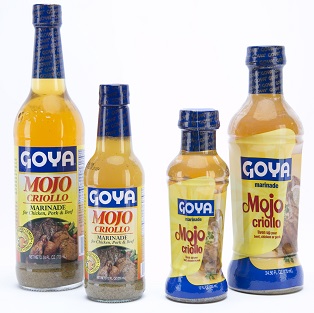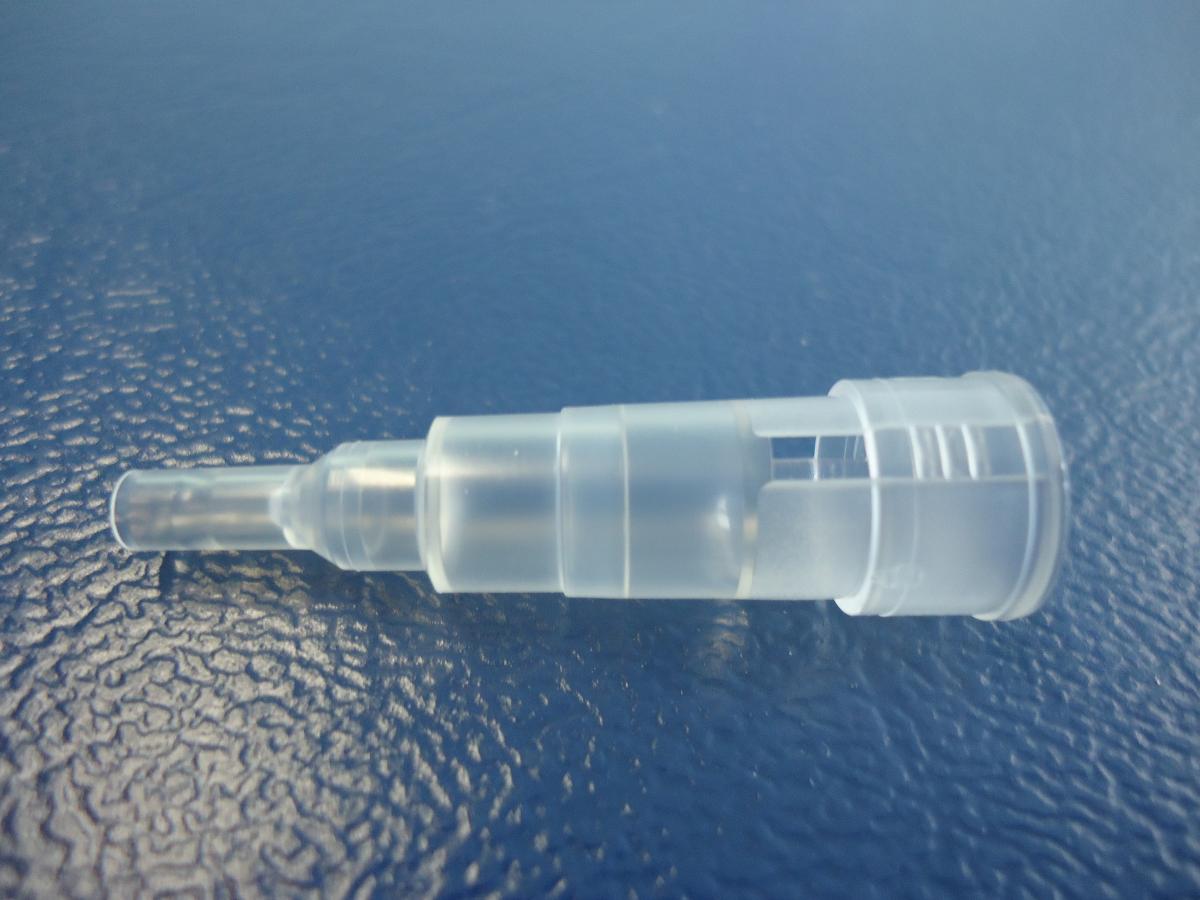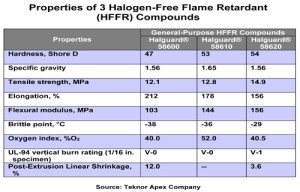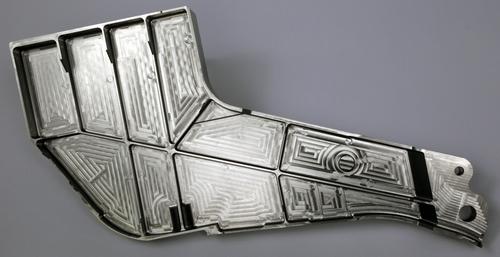SABIC Innovative Plastics, a specialist in engineering thermoplastics, has delivered the first two products in a new line of LNP Thermocomp specialty compounds that use curauá fiber and wood flour natural reinforcements.
Launched at NPE2009, the new bio-based materials underscore SABIC Innovative Plastics’ commitment to a cleaner and healthier environment.
“Our new LNP Thermocomp composites offer the combination of eco-progressiveness and outstanding high-performance properties,” said Robert McKay, Program Manager for Sustainable Products, SABIC Innovative Plastics.
“No company can afford to ignore the increasing call for sustainable products. On the other hand, creating sustainable products simply for the sake of creating sustainable products makes no business sense. Our new LNP Thermocomp composites address both issues. By drawing on our global application technology resources we are replacing traditional glass fiber and mineral fillers with natural reinforcing materials, and, in the process, are giving customers advanced new solutions for exceptional performance in a broad array of important applications.”
Compared to traditional reinforcements such as glass fiber, natural fibers offer several environmental benefits, the new LNP Thermocomp specialty compounds are renewable, biodegradable and require less energy to produce. Further, they are lighter in weight than glass and other traditional fibers, a property that will help reduce energy consumption in shipping.
One of SABIC Innovative Plastics’ new materials is LNP Thermocomp PX07444 specialty compound, a polyamide (PA)-6 nylon that is reinforced with up to 20% curauá fiber. The curauá plant is a member of the bromeliad family and is cultivated in South America. The fibers extracted from its leaves have high mechanical strength.
This new LNP Thermocomp grade – while not identical in properties to glass-reinforced PA-6 – can potentially be substituted for the glass-filled nylon in specific applications such as automotive interior components. It provides a strength-to-weight advantage with good surface aesthetics. Also, natural fibers such as curauá are not as abrasive as glass or mineral reinforcement, thus reducing wear and tear on molding equipment.
Pematec, the largest Latin American manufacturer of sun visors, based in Brazil, is currently using LNP Thermocomp PX07444 specialty compound to mold the frame and bracket for a new automotive sun visor application. The new SABIC Innovative Plastics product provides excellent surface aesthetics and mechanical properties. With the increasing use of plastics in the automotive industry – the average vehicle contains 250 lb of plastic, or 12% of its weight – sustainable options are becoming more important.
Another new grade, LNP Thermocomp MX07442 specialty compound, is polypropylene (PP) reinforced with 30% wood flour. It is aimed at replacing wood because, in addition to having a similar appearance, it is more resistant to fungi and has better dimensional stability than natural wood. Compared to unfilled PP or 30% mineral-reinforced PP, this lower specific gravity compound has higher flexural strength with retained impact strength, thus providing a strength-to-weight advantage. It can be extruded and injection molded, and provides a colorable surface with the natural grain of wood.
Source: plastics.2456.com







